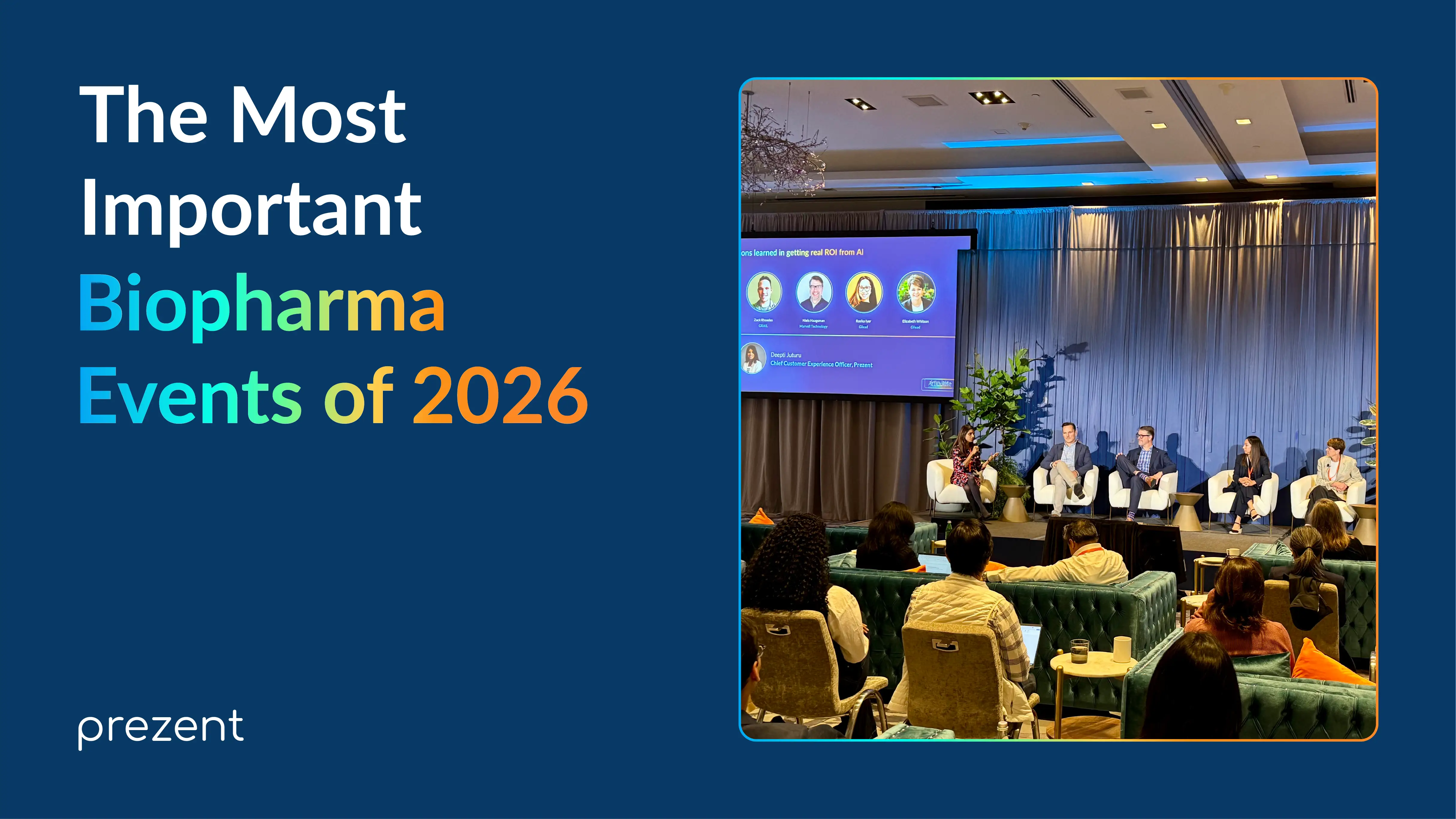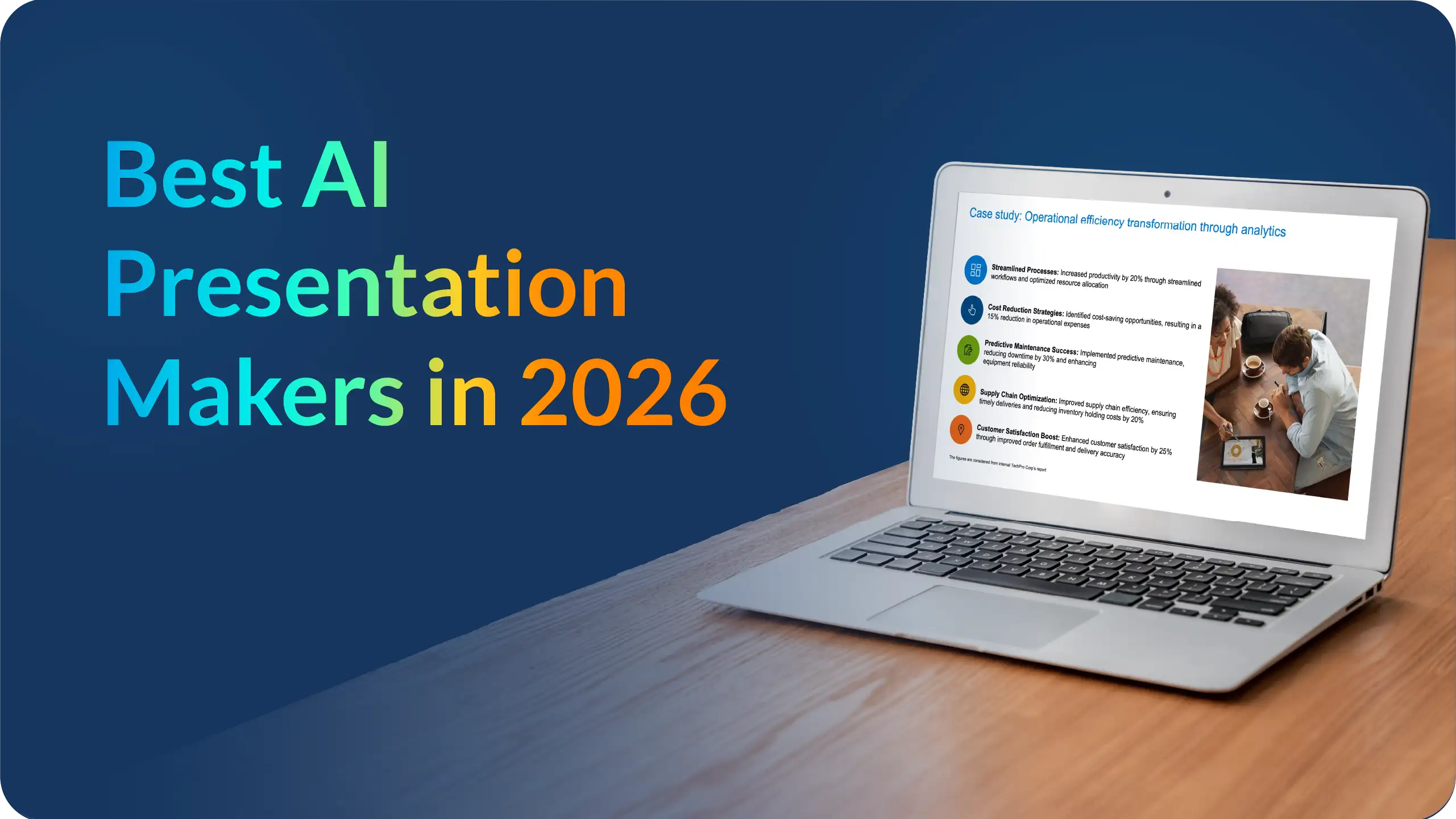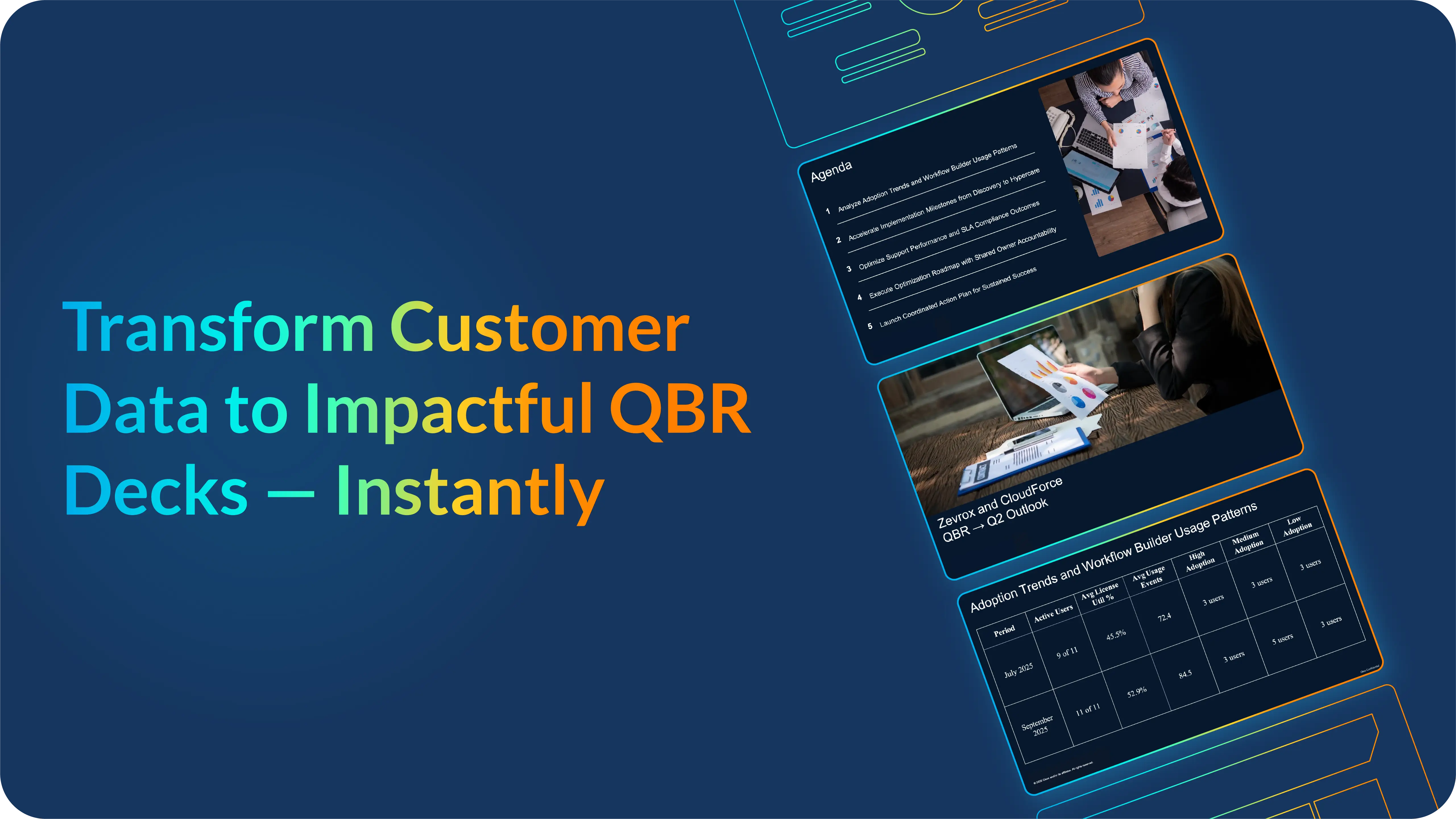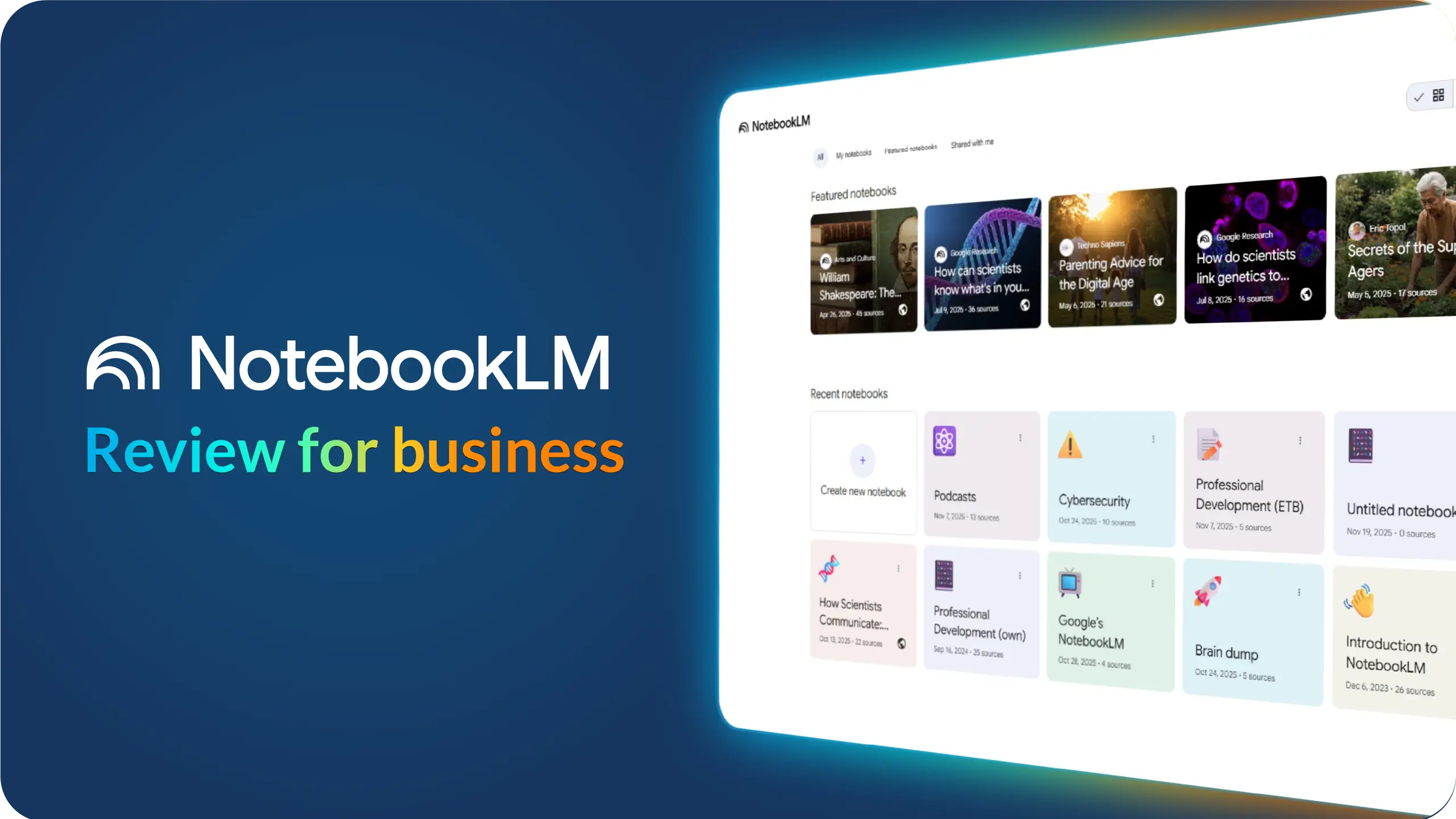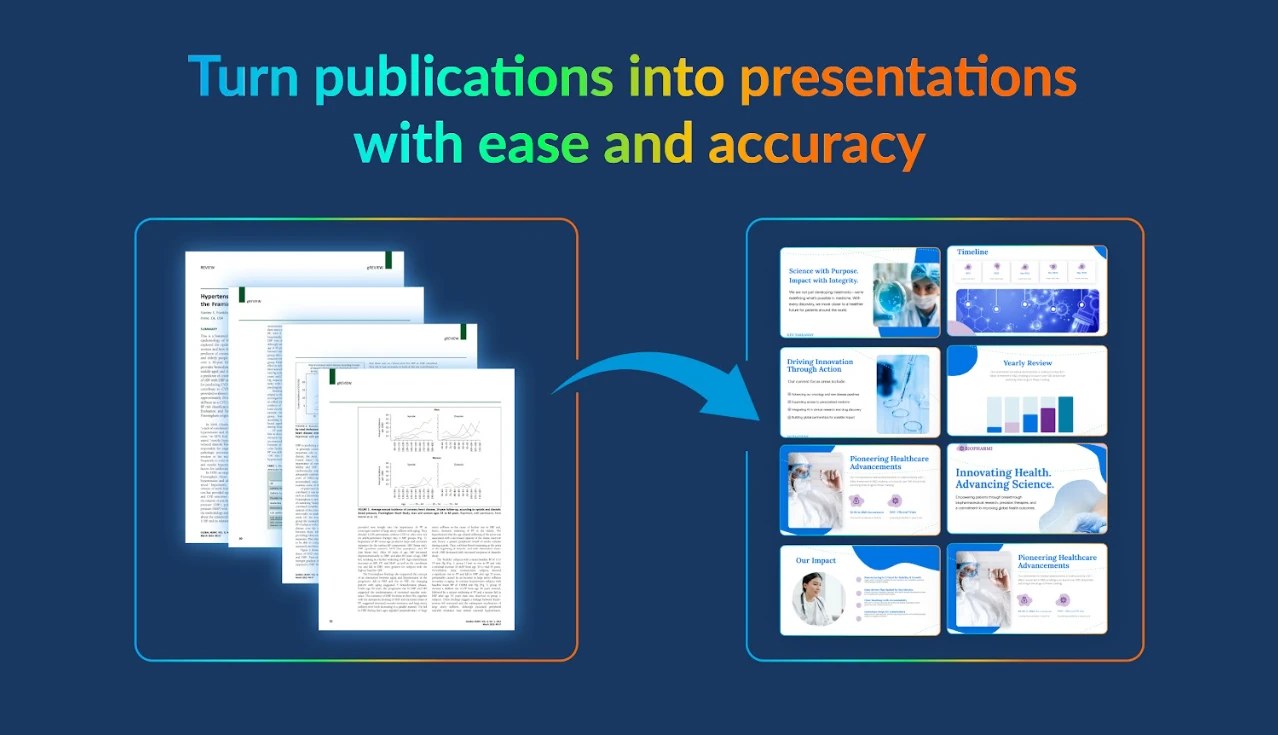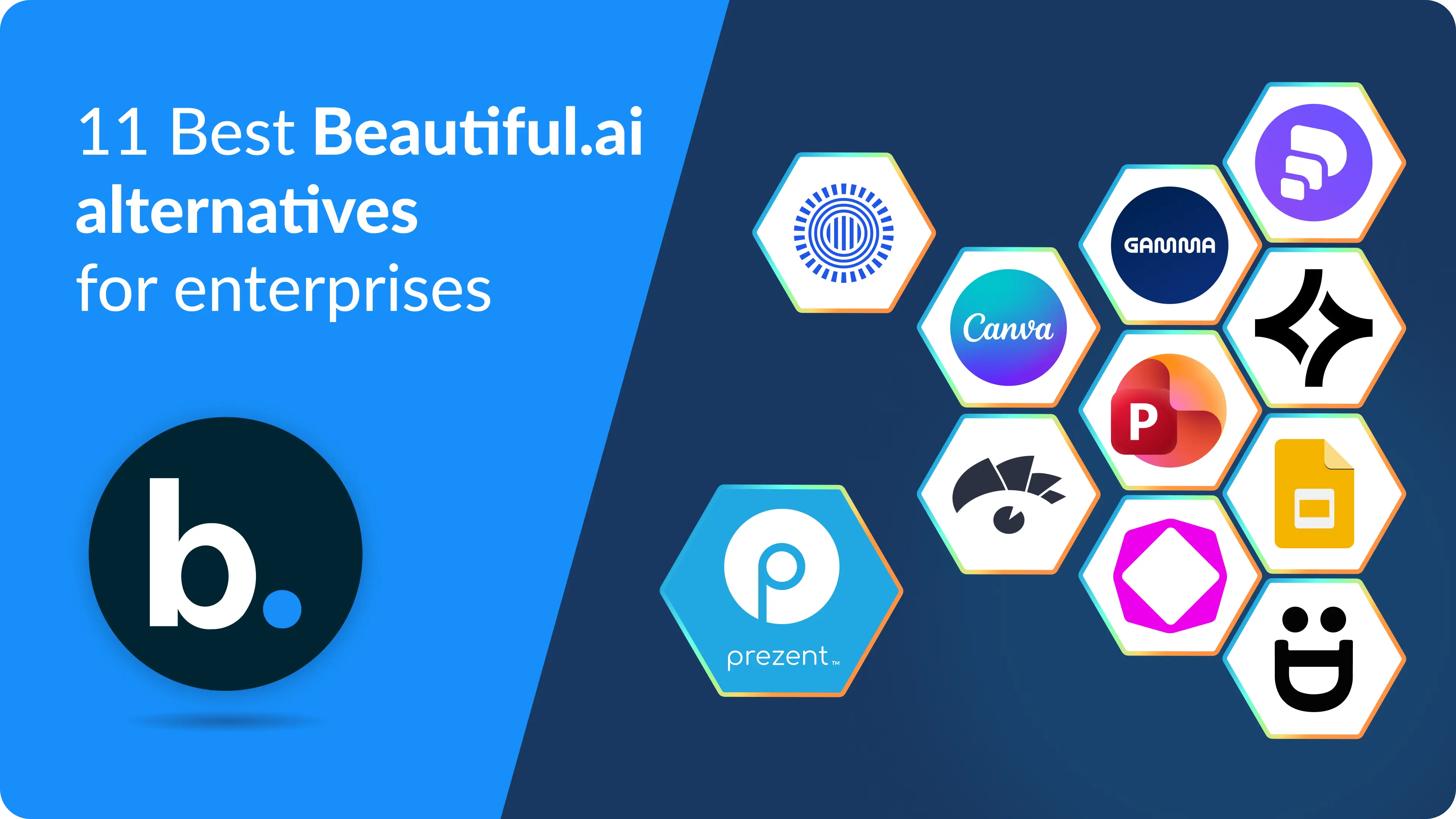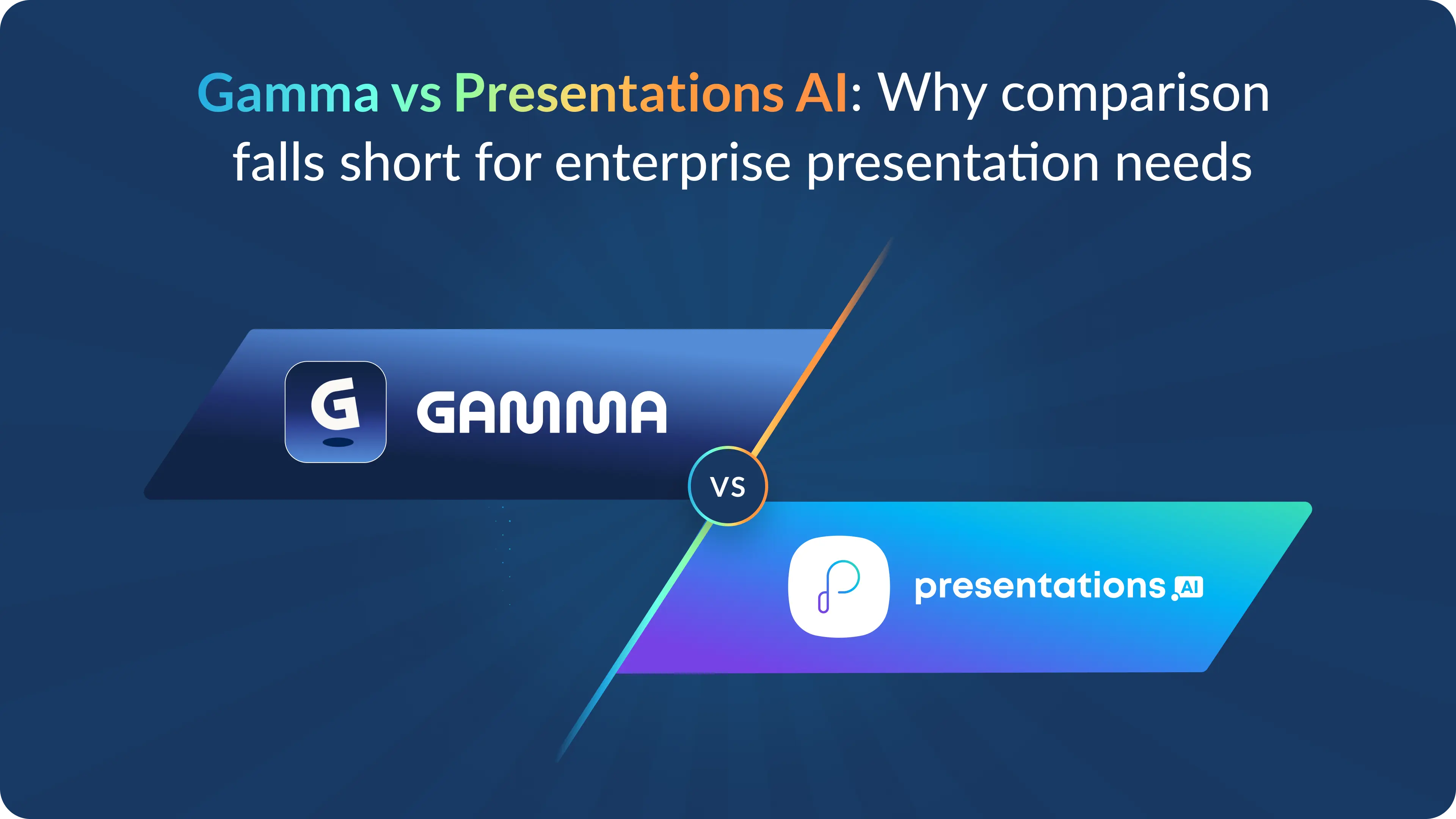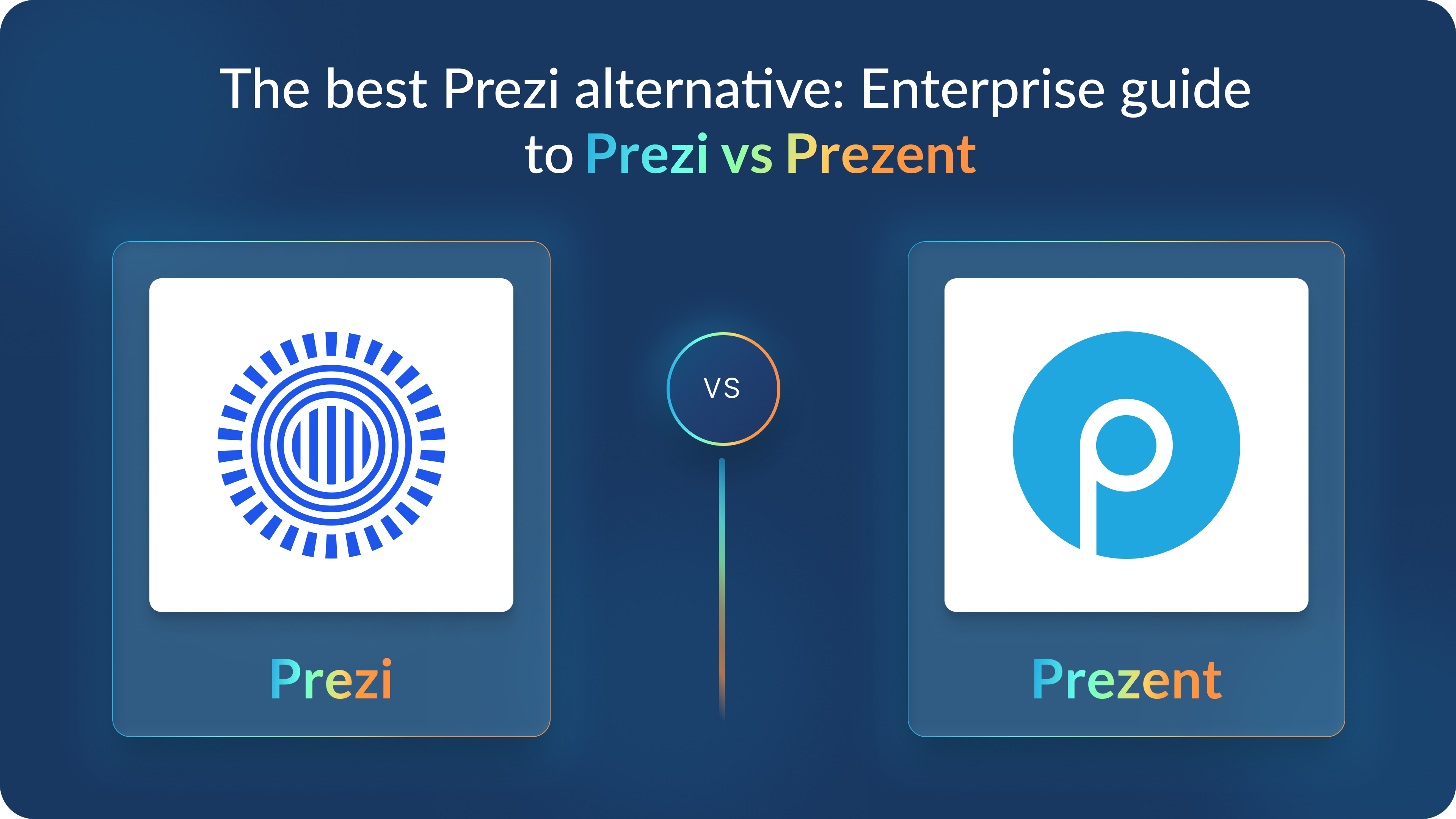The hidden power of whitespace: Why pausing can transform work and communication
.jpg)
Ever ended a workday wondering where the hours went? Back-to-back meetings, endless emails, and constant pings leave little room to think. But what if the pause we keep skipping is exactly what we need? What if it could make us sharper, more productive, and better communicators?
That’s the idea Juliet Funt, keynote speaker and author of A Minute to Think, shared on the latest episode of the podcast Think Deeply, Speak Simply. She calls it whitespace—intentional time without assignment. And it’s worth paying attention to. Here’s why creating that space matters, and how it can transform the way we work, communicate, and lead.
What is white space—and why does it matter?
Whitespace isn’t just downtime or a break in the busy rhythm of work. They were those valuable unscheduled moments that once gave us space to reflect, generate ideas, and reset. In today’s world, those moments have nearly disappeared, swallowed by what she calls a culture of “hallucinated urgency,” endless notifications, and meeting overload.
One of the biggest misconceptions about whitespace is that it’s simply rest. In reality, Juliet describes it as a business advancement tool, the oxygen that turns sparks into fire. Here’s how it makes a difference:
- Prepare with intention: Even ten minutes of whitespace before a meeting can change everything. You enter the meeting calm, focused, and ready to connect.
- Create space for better ideas: A brief pause in conversation gives others time to process and often surfaces valuable “secondary thoughts” that would otherwise be lost.
- Respond with impact: A one- or two-second pause before answering makes your words more thoughtful and impactful.
Whitespace isn’t wasted time. It’s what allows sharper thinking, stronger communication, and contributions that truly catch fire.
“When we have time to recover like an Olympian, we can then pursue growth and revenue opportunities with more rigor, more focus, and more speed, which is what every business wants.”
— Juliet Funt
Why we struggle with pausing
Through her work with Fortune 500 companies, military teams, and small businesses, Juliet has noticed a common challenge: professionals struggle to pause.
Why does this happen?
- Silence feels uncomfortable, so we fill it with “ums” and “you knows.”
- Workplace anxiety makes us jumpy and quick to respond.
- Lack of preparation leaves us scrambling to cover gaps.
- And our digital habits push us to fill every spare moment with something.
On top of these pressures, Juliet highlights what she calls the Four Thieves of Time—strengths that turn against us when left unchecked:
- Drive → Overdrive: pushing so hard it leads to burnout.
- Excellence → Perfectionism: getting lost in unnecessary details.
- Information → Overload: drowning in data without direction.
- Activity → Frenzy: staying busy but moving nowhere.
These thieves rob us of the space we need for clarity, focus, and meaningful work. As Juliet puts it: “Too much drive is so many projects at the same time that the peanut butter’s spread so thin the bread is ripping.”
How to create whitespace in your day
Juliet goes beyond identifying the problem—she shares a practical toolkit anyone can use to bring whitespace back into their day.:
- Protect your calendar: “Never let the colors touch.” Add a 5–10 minute wedge between meetings for note-taking, reflection, or simply catching your breath.
- Tame your inbox: Apply the CCFYI rule—send all low-priority emails to a separate folder and check them once a day.
- Anchor your focus: Keep a handwritten list of your top three priorities beside your computer. This “paper anchor” helps you avoid getting pulled into digital distractions.
- Rethink meetings: Try a rolling dismissal. For example: “Derek, thanks so much—you can take off now.” It saves time and keeps meetings lean.
- Skip the meeting: Swap out some discussions for quick voice memos. They’re faster, more flexible, and still deliver the tone and context you need.
Leadership’s role and impact of AI
Juliet believes culture is built one deliberate norm at a time. For leaders, that means practicing patience and being intentional about the standards they set. The key, she explains, is to start small: “Begin with the pain point that hurts most and set new standards, one at a time.”
To make this stick, leaders need more than assumptions. Juliet calls for “real diagnostic work” like interviews, surveys, and focus groups that surface where employees are truly frustrated. A practical tool she suggests is a “hate map” that visually captures pain points and shows where change will have the biggest impact.
Juliet also turns her attention to communication in the age of technology. She describes it as “nuanced” and points out that AI tools can make us less effective if we’re not intentional. Her guidance is to slow down: prepare longer than you think you need, take a pause before responding, and be more generous in your conversations. That means moving away from self-focused language such as “I want this,” “Here’s what I do”, and placing more attention on others.
She sees AI as full of potential, yet stresses that adding new learning on top of already full workloads risks backfiring. Her advice is simple but powerful:
“You must remove before you add. Clear space before introducing new tools, or risk overwhelming and disengaging your people.”
Final thoughts: The power of the pause
With deadlines pressing and calendars packed, Juliet reminds us of the value in slowing down. “We’re just afraid of the pause in every way. We don’t know what to do if we can’t pick up our phone and fill it in. It’s just how we’ve been trained.”
Whitespace isn’t about doing less; it’s about creating the room to do the right things better. It brings clarity, sparks creativity, and strengthens how we lead and communicate. In a culture driven by speed and constant activity, Juliet makes a compelling case for something radical: pausing just long enough to think.
“Amazing things happen in the default neural network of your mind. We’re not pausing work, we’re pausing activity so that we can be thinking up the next aha game-changing idea or getting clarity on our future vision.”
— Juliet Funt
Catch the full conversation with Juliet Funt on our Think Deeply, Speak Simply podcast—available on YouTube, Spotify, and Apple Podcasts.
